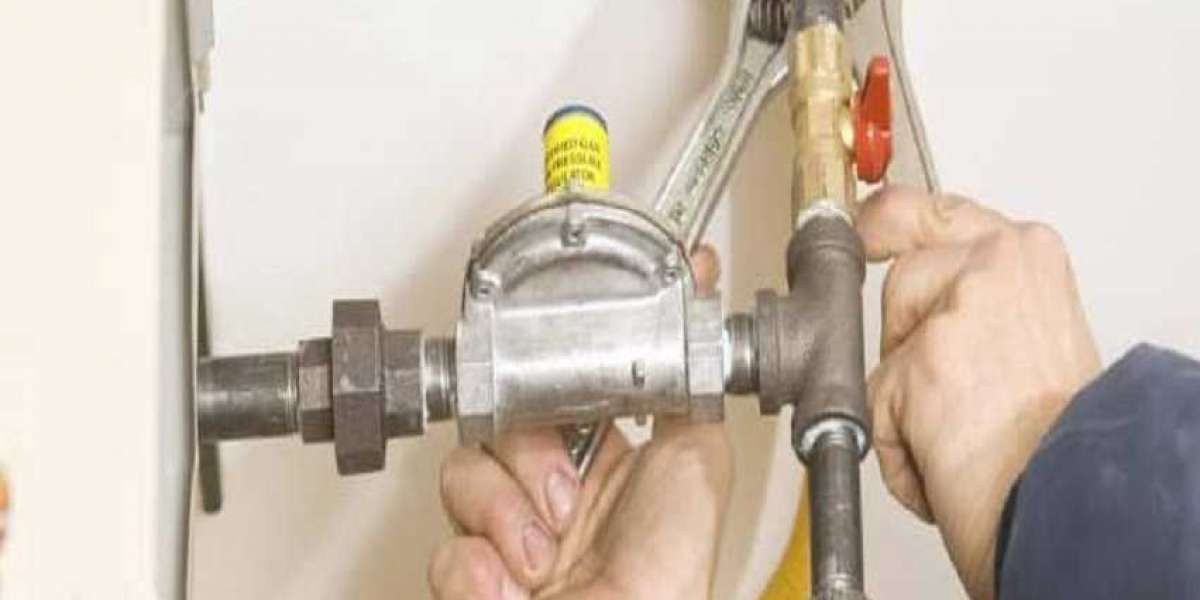Gas plumbing is a critical aspect of home safety, ensuring that natural gas is delivered safely to appliances without risk of leaks or other hazards. Understanding gas plumbing safety can help homeowners prevent accidents, protect their families, and maintain their properties effectively. This guide covers essential tips on gas safety, common hazards, and best practices for keeping your home safe.
Understanding Gas Plumbing
Gas plumbing involves the installation, maintenance, and repair of gas lines that supply fuel to various home appliances such as stoves, water heaters, and furnaces. A professional gas plumber ensures that these lines are securely connected, leak-free, and compliant with safety regulations. If you live in Ipswich and require professional assistance, hiring a Gas Plumber in Ipswich is highly recommended to ensure safety and compliance with local codes.
Importance of Gas Plumbing Safety
Gas leaks can be dangerous, leading to health risks, fires, and even explosions. Proper maintenance and awareness can significantly reduce these risks. Homeowners must be proactive in identifying potential gas plumbing issues and acting swiftly to resolve them.
Signs of a Gas Leak
Recognizing the signs of a gas leak early can prevent dangerous situations. Some common indicators include:
Smell of Rotten Eggs: Natural gas is odorless, but suppliers add a sulfur-like smell to help detect leaks.
Hissing Sounds: A high-pitched hissing noise near gas lines may indicate a leak.
Dead or Discolored Vegetation: If plants near gas lines start dying or turning yellow, it could be due to a gas leak underground.
Physical Symptoms: Headaches, dizziness, nausea, or difficulty breathing can result from prolonged gas exposure.
Increased Gas Bills: A sudden, unexplained rise in gas bills might suggest a leak.
Essential Gas Plumbing Safety Tips
1. Schedule Regular Inspections
Professional gas plumbers should inspect your gas lines at least once a year. A Gas Plumber in Ipswich can assess the condition of your pipes, appliances, and fittings to ensure everything is secure.
2. Install Gas Detectors
Gas detectors alert homeowners to leaks before they become hazardous. Place detectors near gas appliances and sleeping areas for maximum safety.
3. Check Connections and Hoses
Inspect gas appliance connections and hoses regularly. Loose or cracked hoses should be replaced immediately to prevent leaks.
4. Proper Ventilation
Ensure gas appliances have adequate ventilation to prevent carbon monoxide buildup, which can be deadly.
5. Never Ignore Gas Odors
If you smell gas, take immediate action:
Turn off the gas supply.
Open windows and doors.
Do not use electrical appliances, lighters, or matches.
Evacuate the area and call emergency services.
6. Know How to Shut Off the Gas Supply
Familiarize yourself with the location of the gas shutoff valve. In case of an emergency, turning off the gas supply can prevent further danger.
7. Hire Licensed Gas Plumbers
Gas plumbing repairs should only be handled by certified professionals. Attempting DIY gas repairs can be hazardous and may violate local safety regulations.
8. Use Gas Appliances Properly
Follow the manufacturer’s instructions when using gas appliances. Never use outdoor gas appliances indoors, as they may not have adequate ventilation.
9. Replace Old Gas Lines
Old, corroded gas lines should be replaced to prevent leaks and improve safety.
10. Be Cautious with Gas Water Heaters
Set your water heater’s temperature appropriately and ensure proper ventilation to avoid carbon monoxide poisoning.
What to Do in a Gas Emergency
Evacuate Immediately: If you suspect a major gas leak, leave the house immediately.
Call for Help: Contact emergency services or your gas provider from a safe location.
Do Not Use Electronics: Avoid using phones, light switches, or any electronic device that could ignite a spark.
Shut Off the Gas: If safe, turn off the main gas valve to prevent further leakage.
Conclusion
Gas plumbing safety should never be overlooked. Regular maintenance, early leak detection, and professional inspections are crucial for ensuring a safe home. By following these essential gas plumbing safety tips, homeowners can minimize risks and protect their families. For expert assistance, hiring a Gas Plumber in Ipswich ensures proper installation, maintenance, and compliance with safety regulations.







